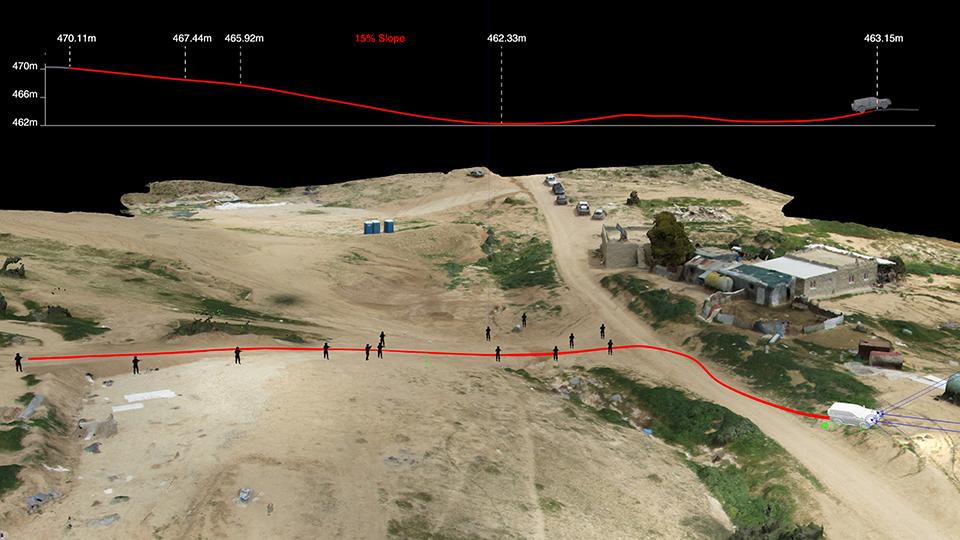European culture award for Forensic Architecture
Primary page content
The European Cultural Foundation (ECF) has honoured Forensic Architecture, an independent research agency based at Goldsmiths, University of London.

The agency is one of two laureates to receive this year’s ECF Princess Margriet Award for Culture: an annual Award to artists and thinkers who inspire change in the way people shape societies – pioneers who are contributing to a more open and democratic Europe through culture.
The theme of the 10th edition of Award is ‘How do courageous citizens make a difference through culture?’ The Award, that comes with a prize of €25,000 per laureate, will be presented on 16 May 2018 at a ceremony in the Stadsschouwburg in Amsterdam, the Netherlands. Laureates also receive a unique chart of Europe created by Dutch artist Jan Rothuizen.
Both Forensic Architecture, and this year’s other laureate Borderland (Poland), were praised by the ECF for seeing art as a way of exposing injustice in communities, and helping people to recover and rethink the past in order to change the world.
Image: Killing in Umm al-Hiran 2017: Forensic Architecture used a 3D model to examine whether Abu al-Qi‘an’s car could have rolled downhill of its own accord toward Israeli policemen when the driver was injured. Image: Forensic Architecture, 2018.